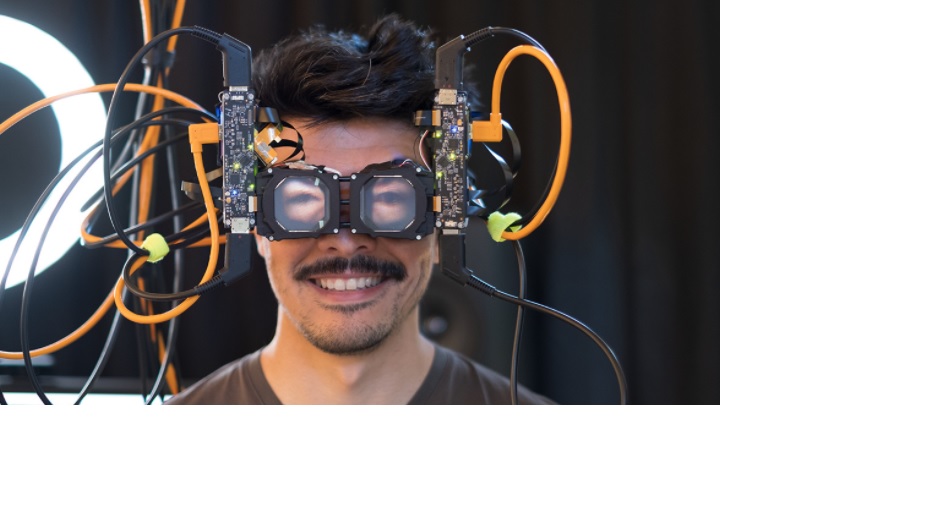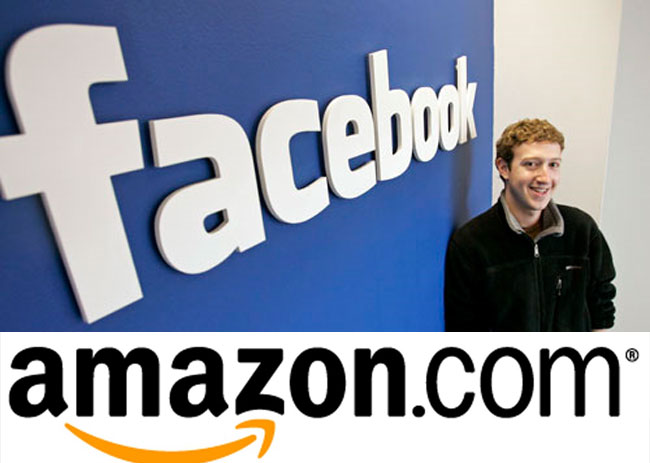I believe that Mark Zuckerberg truly has a Midas Touch. He’s not the first person to drop out of Harvard to start a company; nor is Facebook the first company to use networking as a social application. Yet, the combination of Zuckerberg and Facebook has changed social media forever – and in a way that no person or company has been able to duplicate since.
Not only has Zuckerberg successfully monetized a very difficult segment that most other social media companies are struggling with, but the rapidity at which monetization continues to grow is something worth studying. Several companies came in well before Facebook and tried using networking on a social level to make money, but failed spectacularly. Many are still trying to do it, but are having about the same amount of success as their predecessors.
Granted that he may have the Midas Touch, but it does not take away from the fact that he operates a public company. As such, despite brilliant tactical decisions such as bringing COO Sheryl Sandberg on board, pushing hard on the video front and introducing a content based channel for social consumption, the question we have to ask is this: does his brilliance and apparent infallibility give him the right to control the company and to veto any decision by the larger voting minority of stakeholders?
This is an interesting question, really, because it goes to the heart of what capital markets are all about. The fact that shareholders get voting rights is an extension of the concept of democratic leadership, and any “messing around” just to keep the founder in control goes against the grain of that concept.
Let’s look at what happened in cases where founders were ousted from controlling positions because the board’s votes decided that it was the best decision for the company.
At the top of that list has to be Steve Jobs. Despite years of nurturing the company into the mid-80s, he was unceremoniously kicked out and relegated to a division that had low perceived value. At the time, the company felt that this was in the best decision of all stakeholders, and you can’t blame them. Today’s advantage of hindsight shows us that it was a critical mistake, but this was a period when Apple was only into the PC business, and Jobs’ direction wasn’t the one the company wanted to take.
True, I will admit that his return set the tone for Apple Inc. becoming the most valuable company in the world (in his own way, Jobs had the same kind of Midas touch that Zuckerberg seems to possess), but that was decades later. There’s no guarantee that things would have turned out the same if Jobs had continued in his role rather than be removed by the board.
The list goes on…Sandy Lerner from Cisco, Andrew Mason from Groupon, Jerry Yang from Yahoo, and even Diane Greene from VMware, for that matter.
All these former CEOs paid the price for something or other. In Andrew Mason’s situation, it was a clear-cut case that he himself clarified after the stock took a 77% nosedive.
“I was fired today,” Mason wrote in a letter to employees. “If you’re wondering why … you haven’t been paying attention.” He cited the company’s controversial accounting techniques, its failure to meet its own financial projections, and its deep and dramatic stock decline. “The events of the last year and a half speak for themselves,” Mason wrote. “As CEO, I am accountable.”
Source: Business Time
The Issue at Hand
As important as it is to have Mark Zuckerberg at the top of Facebook controlling all its new initiatives, it poses a serious question about how much control a founder should have. Not forgetting the fact that he pulled off several coups – like getting Sandberg to move to Facebook when it was a relative unknown compared to Google – the question still stands.
Case in point: Northstar Asset Management has been slowly rallying Facebook investors to oppose the current dual share structure that effectively consolidates voting rights in favor of people closer to the top, and move towards a one-share-one-vote structure.
“According to SEC filings, Zuckerberg, his co-founders and early investors control about 74 percent of the voting power, through ownership of Class B stock, which gives them 10 votes per share. Shareholders who bought stock in the IPO were issued Class A stock, with just one vote per share. Zuckerberg personally controls about 55 percent of the voting power through his ownership of 422 million class B shares and voting agreements with other shareholders.”
Source: CNBC
Facebook is not the only company to take this route in order to protect founder interest in the company. Alphabet was already there, and Under Armour recently did it through a stock split.
Facebook was co-founded by Mark Zuckerberg, but the majority of people don’t care. So what happened to Dustin Moskovitz, Eduardo Saverin and Chris Hughes? Is Zuckerberg the only one that knows how to be a founder and be the sole controller of it? As with the case of Andrew Mason and the others – but under different circumstances – Facebook’s co-founders gradually went out of the equation, leaving Zuckerberg in total control of the company – and that, too, when the company is worth more than $300 billion.
Is he doing the same thing now, but on a much larger scale? Who draws the line at where a company founder reaches the limit of his or her control? Should it be the investors? And can investor sentiment be swayed into relinquishing control over the company’s future? Is that what’s happening?
The whole issue is one of democracy over dictatorship, in a sense – in the most extreme sense, I should say. When does control become tyranny? Who represents the interests of shareholders who have put their hard-earned money to bring the company to where it is today? Could Zuckerberg have done these amazing things without the financial backing that the IPO opened up to him? And what of later investors who continued to pour money into the company each time there was a new stock issuance?
So, what happens to shareholders of non-voting stock? If not for capital markets, can companies like Amazon afford to disrupt e-commerce and bring goods to our doorstep at the click of a mouse or tap of a screen? Can companies like Tesla afford to spend so much money proving to the world that cheap battery-powered vehicles are indeed possible?
So the question now has evolved into this: who protects the investors that support these maverick entrepreneurs in their dream visions to change the world?
How do we resolve this dilemma of balancing the rights of shareholders against the needs of founders? Do we throw founders out when things start to go sour? Do we tie their hands so much that their creativity is stifled? On the other side of the argument, do we give them a free reign to do whatever they want and control the company in perpetuity?
These are deep questions that need to be answered at some level before the trend sets in so hard that it will be impossible to extricate the capital markets from either favoring the investors or favoring the founders. Giving absolute control to founders makes a laughing stock of the principles underlying capital markets and the whole idea of capitalism. On the other hand, “too much democracy” is equally harmful to the financial and economic ecosystem of the free world.
I don’t have a solution, but I would be fortunate if I was asking the right questions. This is a debate that can only be resolved through trial and error. In the meantime, The Masons and Greenes of the world must suffer, and the Zuckerbergs and Bezoses of the world must dominate. That’s the only way until something gives on either side.



